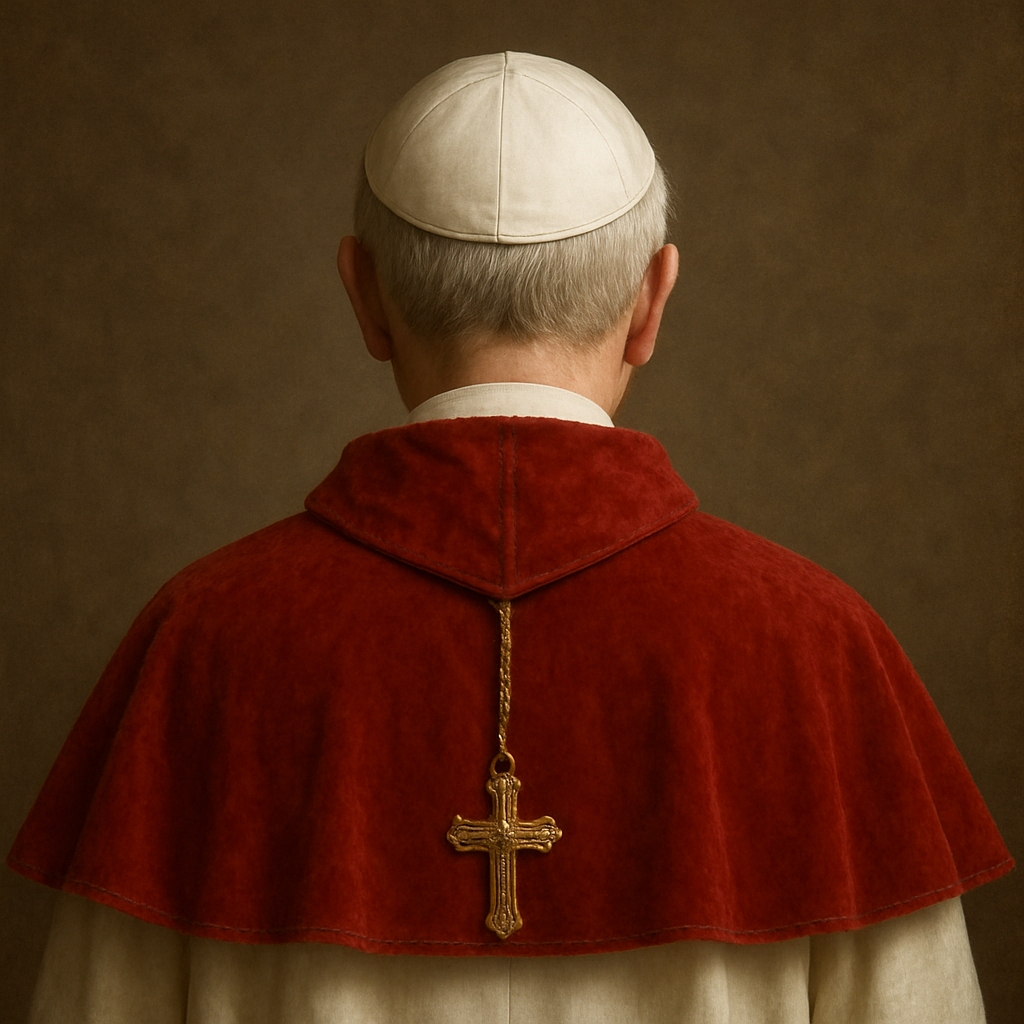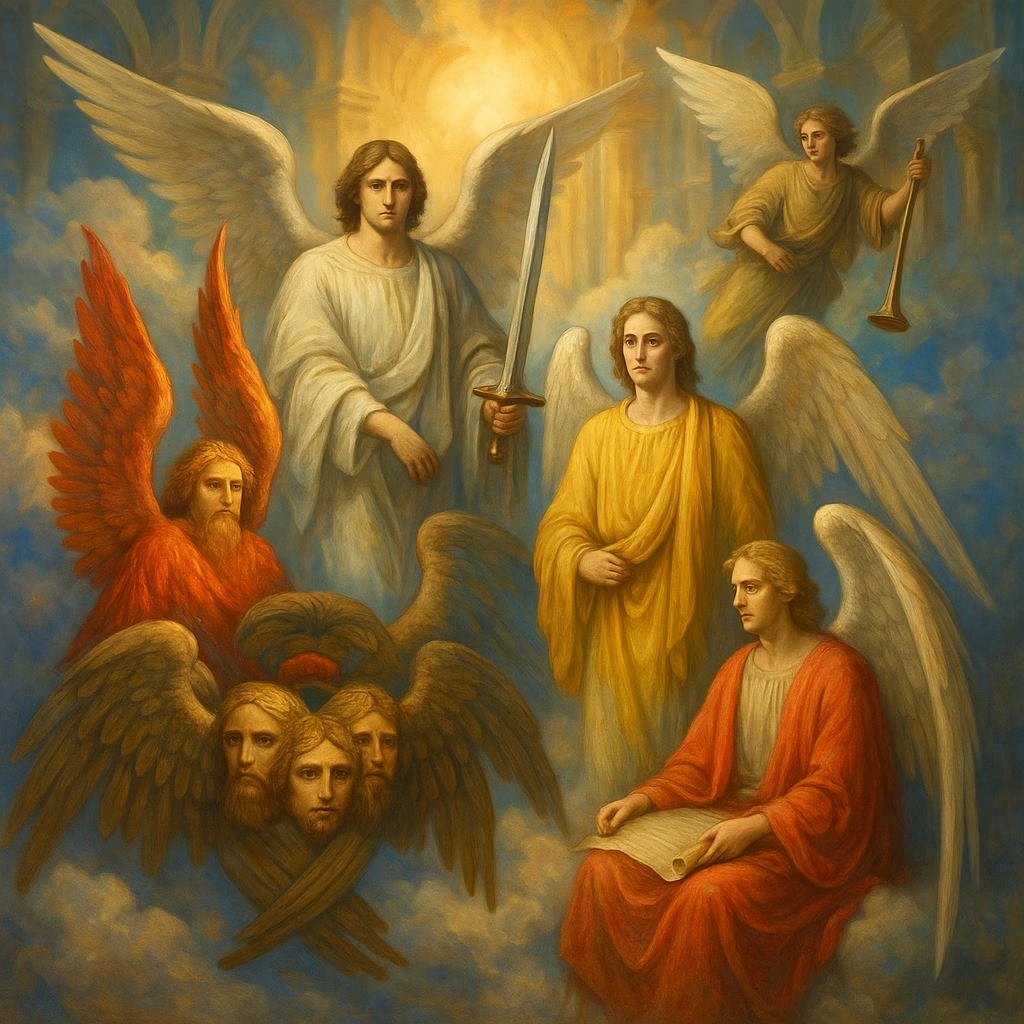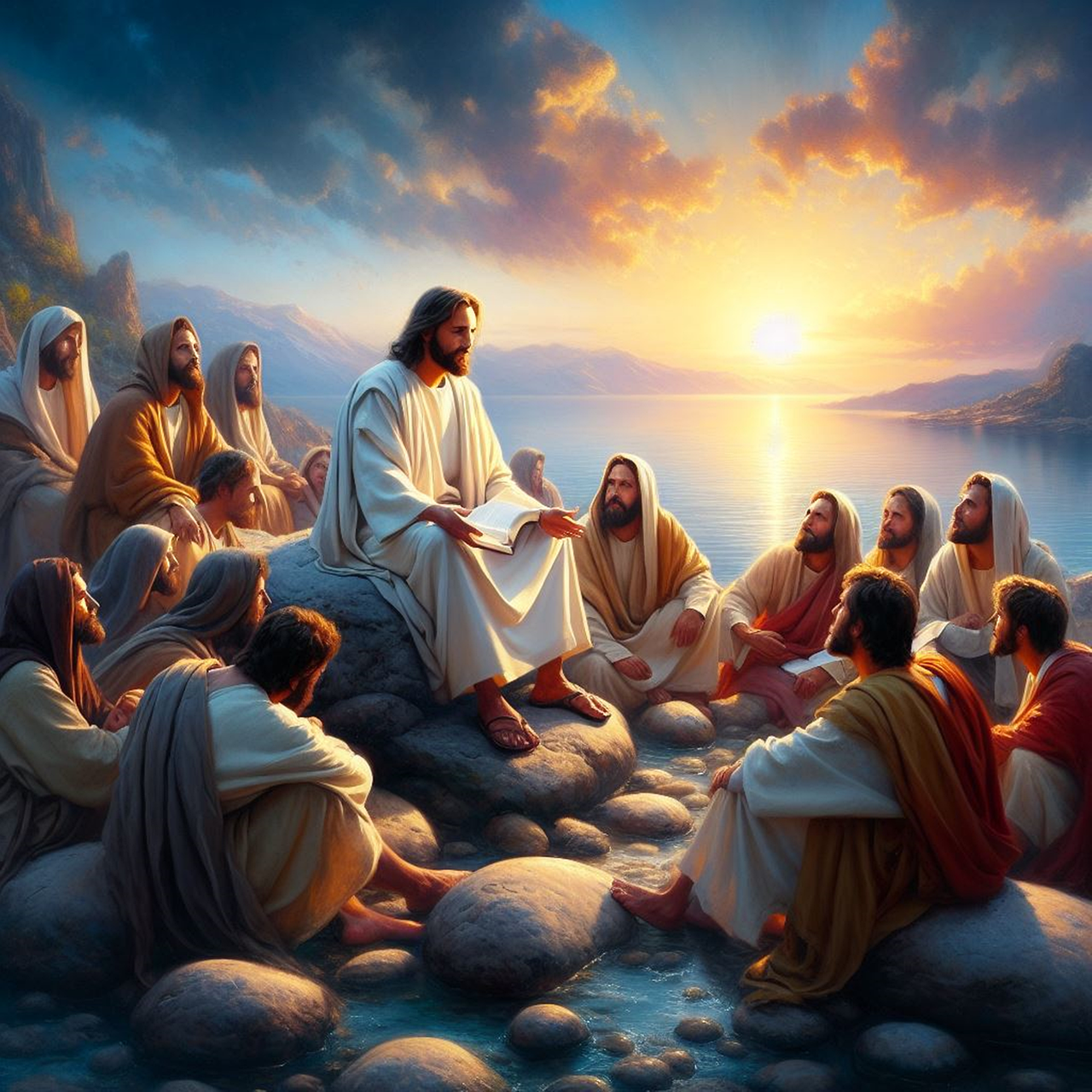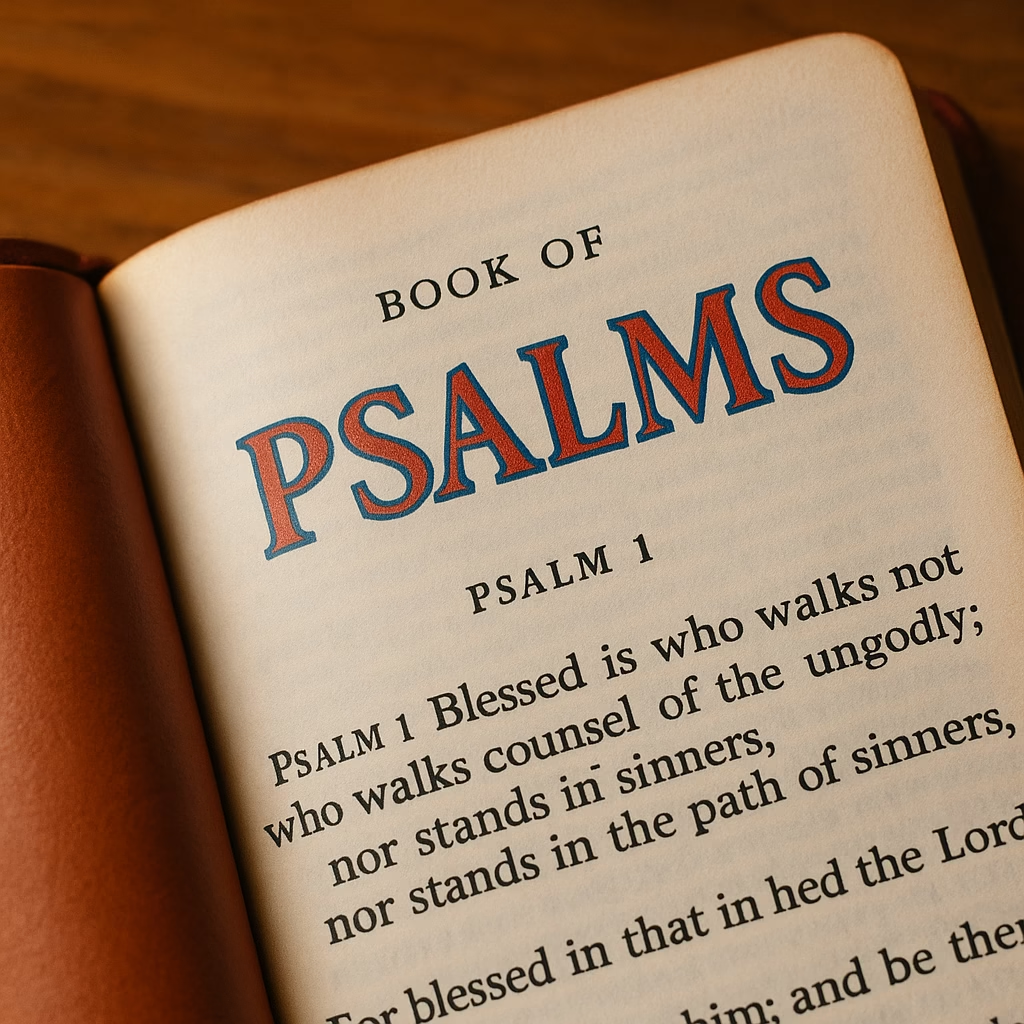His Words of Peace, Unity, and the Controversial “Kings” Statement
In May 2025, the world witnessed a historical moment: the election of Pope Leo XIV, the first pope born in the United States, formerly Cardinal Robert Francis Prevost. In just a short time, Pope Leo XIV has emerged as a deeply spiritual, compassionate, and articulate leader focused on peace, unity, and humility.
This article, will explore his most memorable quotes, analyze their meaning, and address the viral but unverified quote about kings that has stirred debate online.
📣 Confirmed Quotes of Pope Leo XIV
1. “Peace be with you all.”
– First words as pope from St. Peter’s Basilica
His papal journey began with this iconic Christ-like greeting. More than a ritual, it symbolized the heart of his mission, reconciliation and peace across cultures, faiths, and communities.
2. “This is the hour for love!”
– Inaugural Homily, May 12, 2025
“Brothers and sisters, this is the hour for love! The heart of the Gospel is the love of God that makes us brothers and sisters.”
He invoked the legacy of Pope Leo XIII, echoing a hope that if love truly guided world affairs, conflicts would cease, and peace would flourish.
3. “The bishop is not supposed to be a little prince sitting in his kingdom…”
“…but is called to be authentically humble, close to the people he serves, to walk with them, to suffer with them, and to search for ways to live out the Gospel message more fully in their midst.”
This quote showcases Pope Leo XIV’s vision for pastoral leadership rooted in humility, not power or prestige.
4. “We have to be a Church that works together to build bridges…”
During his first public address to clergy and laity, Pope Leo called for an inclusive and outward-looking Church:
“We must be a Church that works together to build bridges and keeps its arms open — like this square — welcoming.”
5. “The ministry of Peter is distinguished by self-sacrificing love…”
“The Church of Rome presides in love, and its true authority is the love of Christ.”
This remark defines his interpretation of the Petrine office, not as domination, but service in the spirit of Christ.
⚠️ The Controversial and Unconfirmed “Kings” Quote
Shortly after his election, social media exploded with a quote attributed to Pope Leo XIV:
“You cannot follow both Christ and the cruelty of kings. A leader who mocks the weak, exalts himself, and preys on the fearful cannot claim the name of Christian.”
Though it reflects a moral tone consistent with Gospel values, this quote has never appeared in any official Vatican transcript or speech. Fact-checkers (such as Snopes) have listed it as unverified.
Still, it continues to circulate online, prompting questions about its origin and authenticity. Some believe it’s a paraphrased interpretation of his message about servant leadership, while others consider it fabricated clickbait rooted in political commentary.
🌍 Global and Moral Impact
✅ On Gaza and Humanitarian Aid
Pope Leo XIV publicly called on Israel to allow humanitarian access to Gaza, emphasizing the suffering of children, the sick, and the elderly.
✅ On Marriage
He reaffirmed the Church’s traditional teaching on marriage as a union between man and woman, while urging respect and compassion for all people, including those in the LGBTQ+ community.
✅ On Unity
He called the faithful to move away from ideological polarization and return to Christ-centered unity and mercy.
📖 His Augustinian Spirituality
As a member of the Order of Saint Augustine, Pope Leo XIV often quotes Saint Augustine, emphasizing:
- The love of neighbor
- Spiritual friendship
- Humility in leadership
His theological tone blends intellectual depth with pastoral tenderness, a combination many see as the Church’s future direction.
🙏 Conclusion
Whether you’re inspired by his confirmed quotes or curious about the viral ones, one thing is clear: Pope Leo XIV has already made a profound impression. His words challenge us to love more deeply, serve more humbly, and seek unity in a fragmented world.
As his pontificate unfolds, believers and seekers alike will be watching closely, not just to hear what he says, but to see how he lives it.







Awesome article!
I truly appreciated the manner you presented this subject.
It’s so good to come across valuable content like this online.
Thanks for posting.
All the best with your blog!